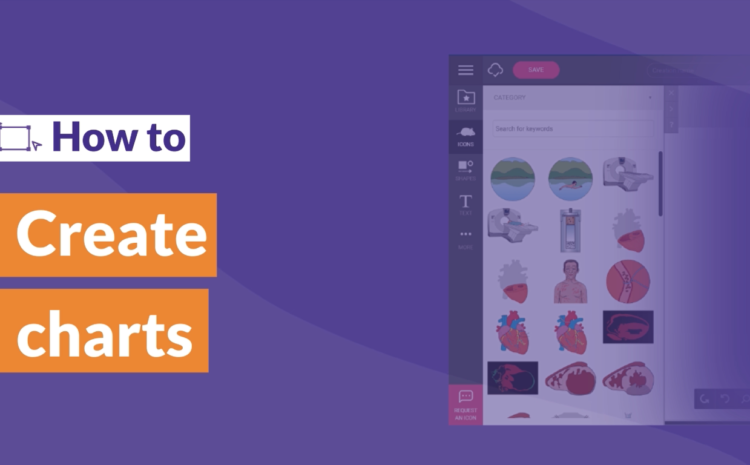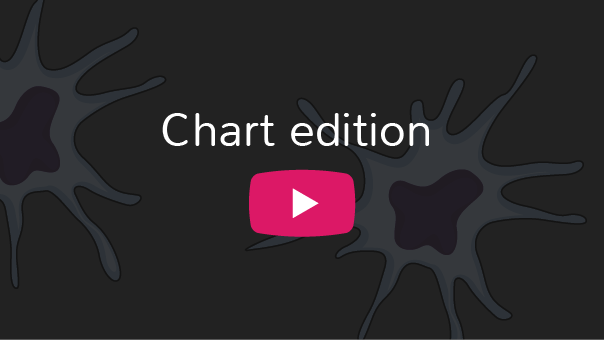Almost as important as having solid results about you research is to present them well. However, for many people, one of the most difficult about write a scientific paper is how to present the scientific data. That means, to share research data in a visual and concise way.
Don’t forget this: If your readers are having a hard time trying to figure out what you are saying, your communication has failed.
Make yourself understood easily
So your research can reach more people.
Charts are a powerful tool to scientific communication, but they need to be organized and clean. They can help you making your communication efficient.
Tips to create charts
1.Know the type of data you have
What are the most important data and need to be highlighted.
2. Find a narrative
You are telling a story to your readers.
3. Focus on the critical information
This means, let it go not necessary information, avoid the “too much”.
4. Choose the right type of chart to your data
Line chart: to display and emphasize trends in data over time
Pie chart: to compare categories, usually parts of a whole
Area chart: to highlight the change of values over time
Scatter chart: to plot multiple data points
5. Visual matters
Data visualization can drives the article impact. A well-organized chart will be more interesting to your readers. Don’t forget things like color, contrast, size and arrangement.
How to create charts at Mind the graph
See a tutorial showing how to create a graphic using Mind the Graph with the new features:
If you still aren’t a Mind the Graph user and want to try, You can start using Mind the Graph for free. We have a Free version in which you can give it a try and access our scientific library. Premium users have full access to the platform and special benefits as you can see here.
Read more: How people read scientific papers
Figure browser takes science to a new level!

Subscribe to our newsletter
Exclusive high quality content about effective visual
communication in science.







